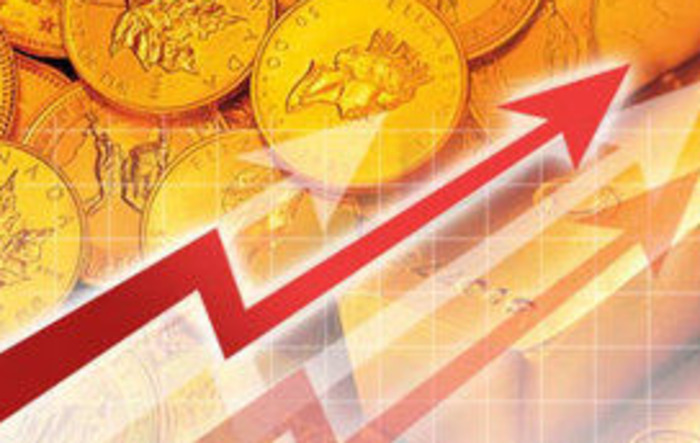The annual rate of the US CPI in July was 8.50%, 0.2 percentage points lower than the expected value, far from the 9.1% high in more than 40 years set last month; the annual rate of the core CPI in July remained unchanged at the previous value of 5.90%, also 0.2 percentage points lower than the expected value . Underlying inflationary pressures in the U.S. remain high and may not decline significantly anytime soon. A combination of factors, including disruptions in global supply chains, massive government stimulus in the early days of the COVID-19 pandemic, and Russia’s invasion of Ukraine, have caused U.S. consumer prices to soar.
The U.S. headline and core CPI were surprisingly weak in July, but recent wage and productivity data point to price pressures ahead and the Fed is unlikely to step back in the inflation fight for now. Another sign of weakness could be seen in August as gasoline prices continue to fall. Markets believe the Fed is about to shift to a dovish stance, complicating the Fed's task of fighting inflation and raising the risk that it will have to reset market expectations.
Institutional Analysis: The Fed may be more hawkish than current market expectations. The institutional model decomposes US inflation into four parts: supply, demand, energy prices and monetary policy. Falling energy costs and a slightly tighter stance from the Federal Reserve were the main reasons behind the rapid decline in the CPI to 8.5% in July. At the same time, robust demand coupled with tight supply continued to put upward pressure on inflation. With the latter two factors more difficult to control, the Fed faces a difficult task that may need to be more hawkish than currently market expectations.
The 120-day "transition period" set by the European Union to ban the import of Russian coal will end at midnight on the 10th, when the EU's embargo on Russian coal will officially take effect. The EU coal industry has previously said the embargo will lead to higher coal costs and higher electricity prices in the region. The European Union decided on April 7 to impose a coal embargo on Russia. The European Commission initially offered to give member states a 90-day transition period, but it was extended to 120 days at the request of Germany and other countries, DPA previously reported, citing sources. The embargo on Russian coal is the first time the EU has imposed sanctions on Russian energy since the Ukraine crisis escalated.
Some European countries lack diesel-type fuels in their energy mix, so they often import fuels from overseas. This shortage of resources is likely to become a more serious problem early next year when the EU ban on seaborne imports from Russia, currently Europe's largest single external supplier, goes into effect. It's just part of a wider energy crisis that has engulfed the continent in the wake of the escalating conflict between Russia and Ukraine, which has sent gas and electricity prices soaring and sparked an inflationary crisis.
The Ukrainian State News Agency reported on the 10th that Ukrainian Prime Minister Shmegar had a phone call with Norwegian Prime Minister Steller on the same day, and the two sides discussed cooperation in providing natural gas to Ukraine. Ukrainian Prime Minister Shmegar said that Ukraine is currently preparing for the upcoming winter heating season. According to the report, Ukrainian underground gas storages currently store about 12.2 billion cubic meters of natural gas.
Mitsubishi UFJ economists expect the dollar to appreciate further in the coming months. There is evidence that inflationary pressures outside of rents in core U.S. areas have widened, which could lead to more aggressive Fed action by the end of the year. This would mean a further inversion of the 2/10-year Treasury yield curve, which is currently fast approaching 50 basis points, which is definitely a short-term risk. Breakeven rates fell, as did other measures of inflation expectations. So there is likely to be good news ahead, but for now, hard data could make investors worry about monetary policy being overdone, suggesting that the dollar will appreciate again in the coming months.
 2022-08-11
2022-08-11
 1617
1617







 简体中文
简体中文
 ภาษาไทย
ภาษาไทย
 繁體中文
繁體中文
 Indonesia
Indonesia











